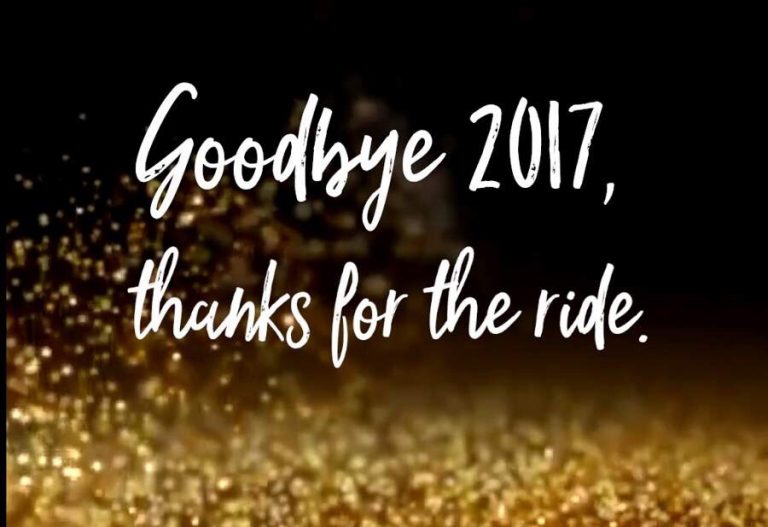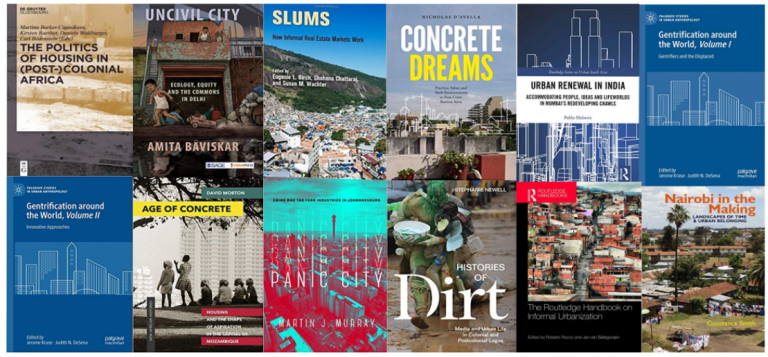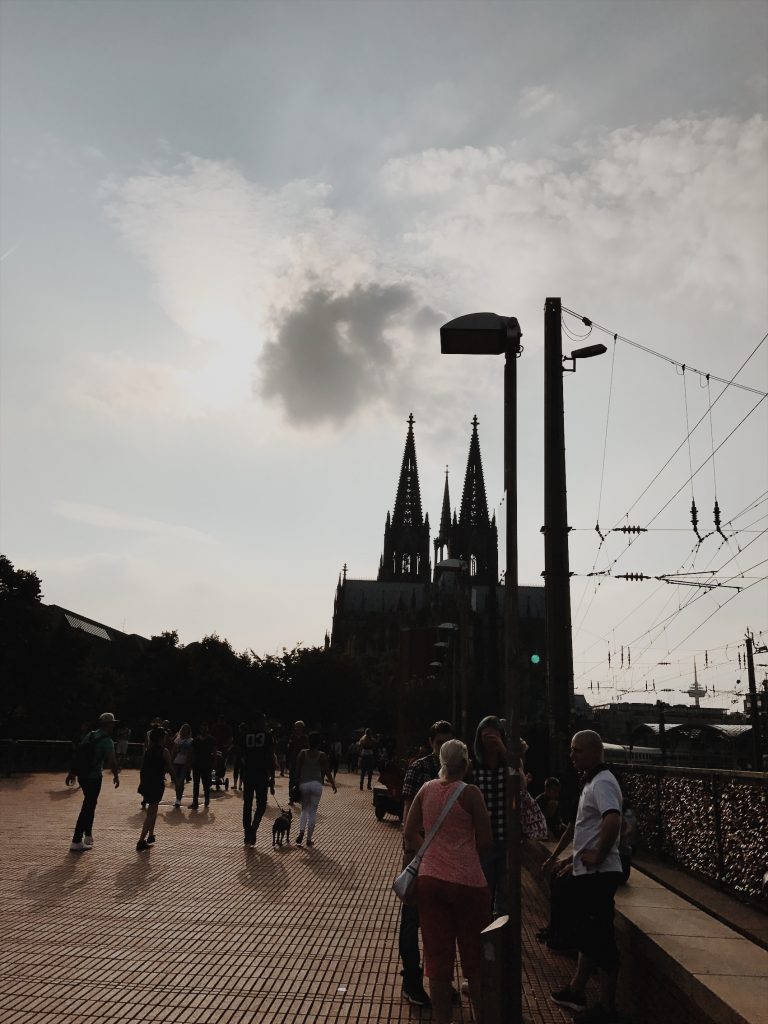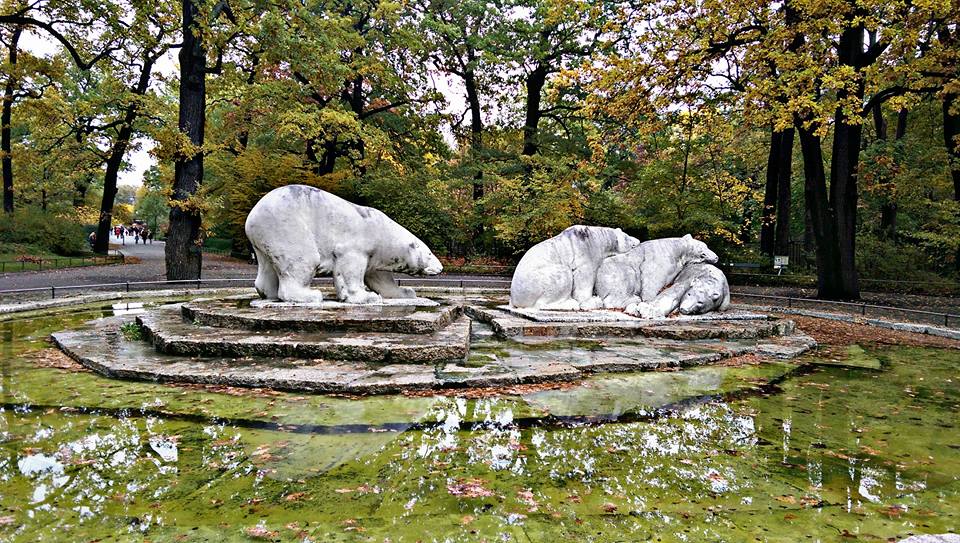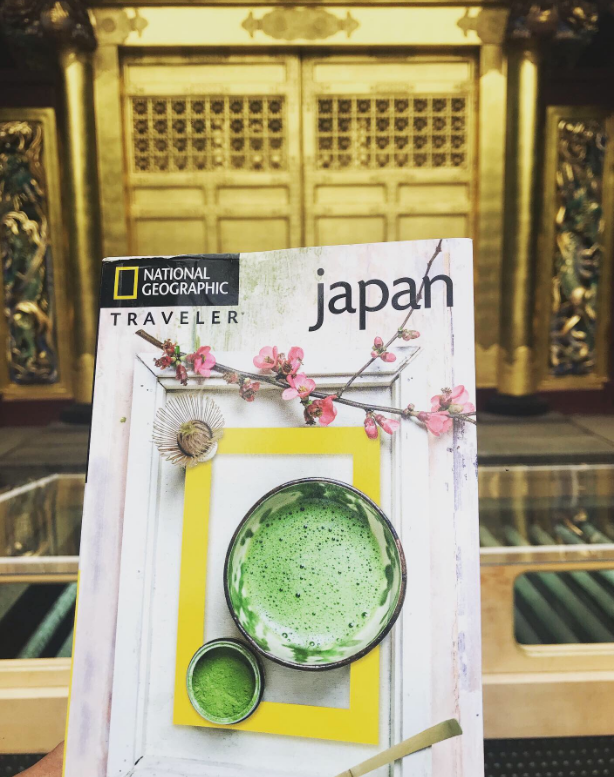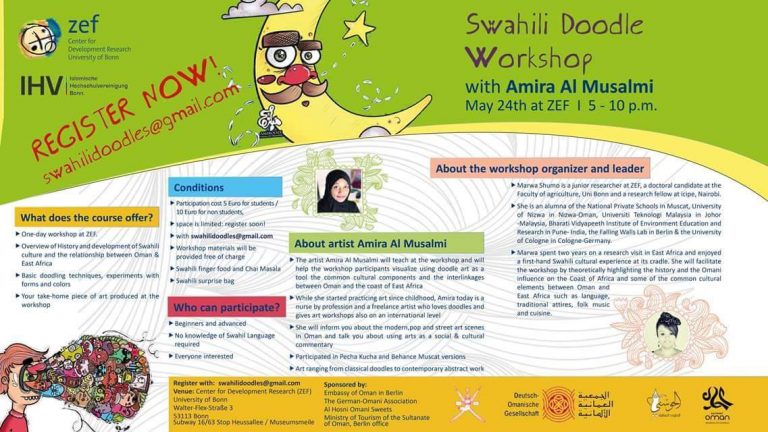Young Entrepreneurs in Science & online engagements during Corona times 

Do you know how much am I fond of the Wright brothers ?? So much that I could spend the whole night talking about the endless documentaries, books and articles I read about them. The Wright brothers were nothing but genius entrepreneurs who where way ahead of their time. They began their experimentation in flight in the year 1896 at their bicycle shop in Dayton, Ohio – USA . Everybody was laughing at the gigantic structure they were building inside their bicycle shop but they were not even bothered. To test their glider, the Wrights needed a site with wide-open spaces and strong, steady winds. Among the places that seemed promising was Kitty Hawk, North Carolina – USA , a small fishing village on an isolated strip of beach on the mid-Atlantic coast around 1088 km away from their home. They selected the beach at Kitty Hawk as their proving ground because of the constant wind that added lift to their craft. The journey to Kitty Hawk was harsh and weather proved unpredictable. Sudden wind squalls frequently blew in off the ocean and the constantly shifting sand got into everything. Insects -especially mosquitoes- persistently annoyed the brothers. Food was scarce, so they always brought with them their own supplies. Years later ,Orville Wright mentioned that the place was “like the Sahara, or what I imagine the Sahara to be.” Since their first arrival to the beach with their gilder, the brothers made more than 700 successful flights.
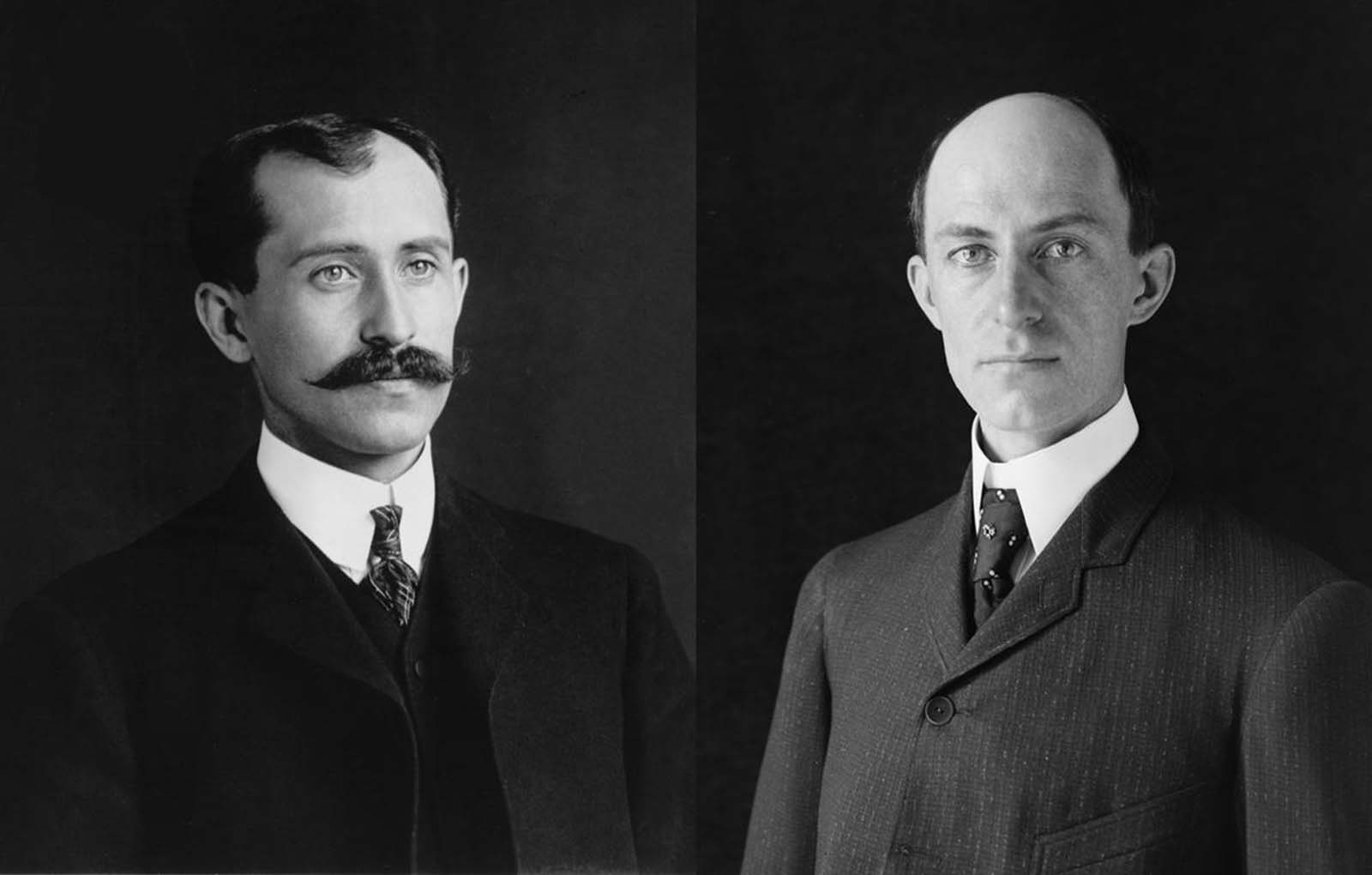

As some of you may know, I am a Falling Walls Finalist, Scholar and an Alumna. If you are not yet aware of that please check my blog post on my experience as a Finalist at the Berlin Falling Walls Lab Finale 2016 in Berlin as well as a Scholar at the Berlin Falling Walls Conference 2016 at the following link: The Falling Walls Experience
You could also check my contributions as an Alumna to the Falling Walls Fragments at the following links: My #Science Hero is Evelyn Cheesman and The Importance of Education in Breaking the Walls of Gender Inequality For those who are wondering, the Falling Walls is a non-profit organization/foundation. The foundation -located in Berlin- was established to communicate science and research to the public and to promote inter- and trans-disciplinary exchange. Since the year 2009, the Falling Walls Conference has been bringing together distinguished figures working in the realms of science, politics, business and culture, each year on the historical day of the fall of the Berlin Wall, 9 November hence the occasion from which the foundation took its name. In addition to the conference, the Falling Walls Foundation package further includes the Falling Walls Venture, Falling Walls Lab, Falling Walls Circle and Falling Walls Engage, Berlin Science Week and last but not least the Young Entrepreneurs in Science (YES).
Since you all know that I am into Bio-Economy and Green Entrepreneurship (Go back to my summer school in KwaZulu-Natal-South Africa blog posts Impressions from the “Rainbow Nation”: Sleepless in Howick & Girl meets Indian Ocean). YES aims to stimulate cultural change towards more decisiveness and entrepreneurial desire among doctoral candidates, postdocs, and their supervisors, thus, in academia as a whole. So it was worthwhile for me to join the YES program this year.
And because COVID-19 turned our lives upside down, YES updated their online program and they now offer webinars on topics such as entrepreneurship & intrapreneurship, online pitch training, prototyping and Design Thinking.

The reason behind focusing on PhD + scientists is driven by the founding belief of the YES initiative that all of Germany’s 200,000 doctoral candidates have the potential to become entrepreneurs. The skill sets and key qualifications required to obtain a PhD are similar to that of an entrepreneur: Working with passion on a topic, finding solutions for problems and promoting ideas in front of a highly critical audience. But what if they have not yet had the opportunity to reflect on their expertise from an entrepreneurial point of view? What if their academic environment is not yet, or only minimally shaped by entrepreneurial spirit? Well, thanks to initiatives like YES, now you can find the hidden unicorn entrepreneur within. YES wants to open up new career perspectives for highly qualified, early-career researchers and channel their expert knowledge into entrepreneurial endeavors. participants are encouraged to discover and share their inherent competencies and potentials through learning methods such as Design Thinking. The involvement of startup founders and intrapreneurs of innovation-oriented companies give participants insights into the chances and challenges of entrepreneurial activity.
I recently joined two YES webinars, From PhD to Sciencepreneur webinar and Your Online Pitch webinar. In the first webinar we learnt about the history of the entrepreneurship theory, the components of entrepreneurship, the meaning of intrepreneurship and the different formats and events of entrepreneurship. Then we were divided into smaller groups and were given ten minutes to reflect on our PhD journey and think of the skills we needed/developed in order to fulfill our research demands and how beneficial can these skills be when thought of in an entrepreneurial context. We also had the chance to listen to the experiences and converse with the workshop’s role models Kendal Kia Whitlock an intrepreneur for Boehringer Ingelheim and Florian an entrepreneur and the founder of Blickfeld. In the second workshop,Your Online Pitch webinar, we were introduced to the meaning of pitching, how to build your pitch and of course because of Corona & Co we also had to learn and focus on pitching digitally. Towards the end of the workshop, three of us were given the chance to pitch live and get feedback from the expert trainers.



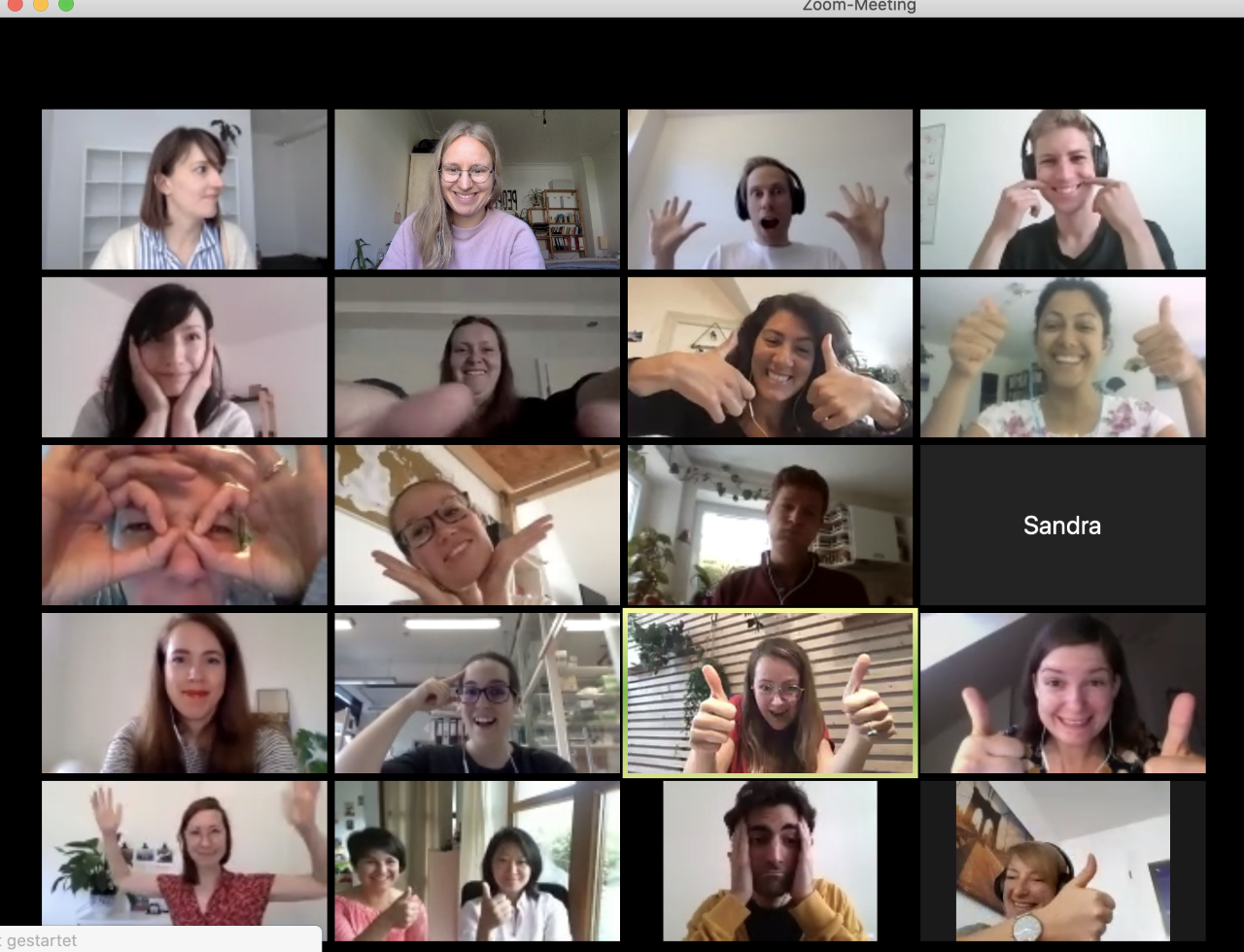
YES team members are closely monitoring the developments as to when they can continue with their physical workshop program together with their partners. Stay informed about their upcoming events by subscribing to their newsletter and/or follow their social media account. In the meantime, I would like to thank our virtually energetic and dynamic coaches Katharina Böhnke (Co-Founder and Manager of Berliner Ideenlabor) and Frederike Engelhardt (Co-Founder of INNOKI) for the valuable and inspiring training sessions. I am also thankful to Ingrid Schalke and Hanna Lange and the rest of the Young Entrepreneurs in Science team members who organize all these activities and events.


